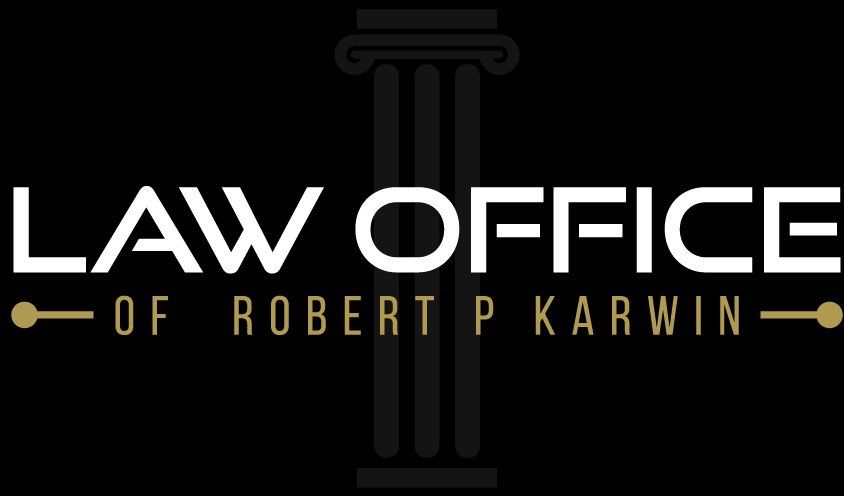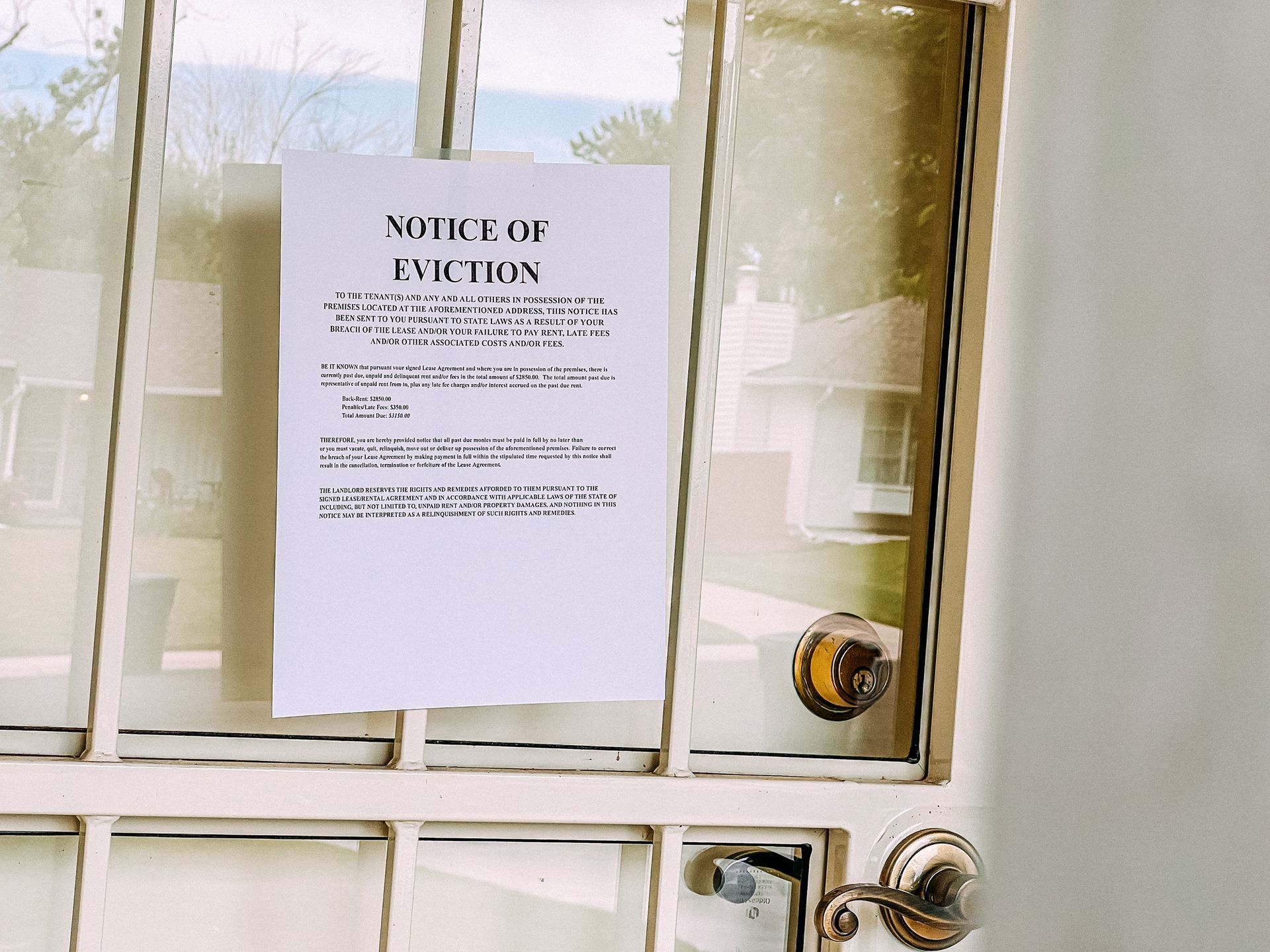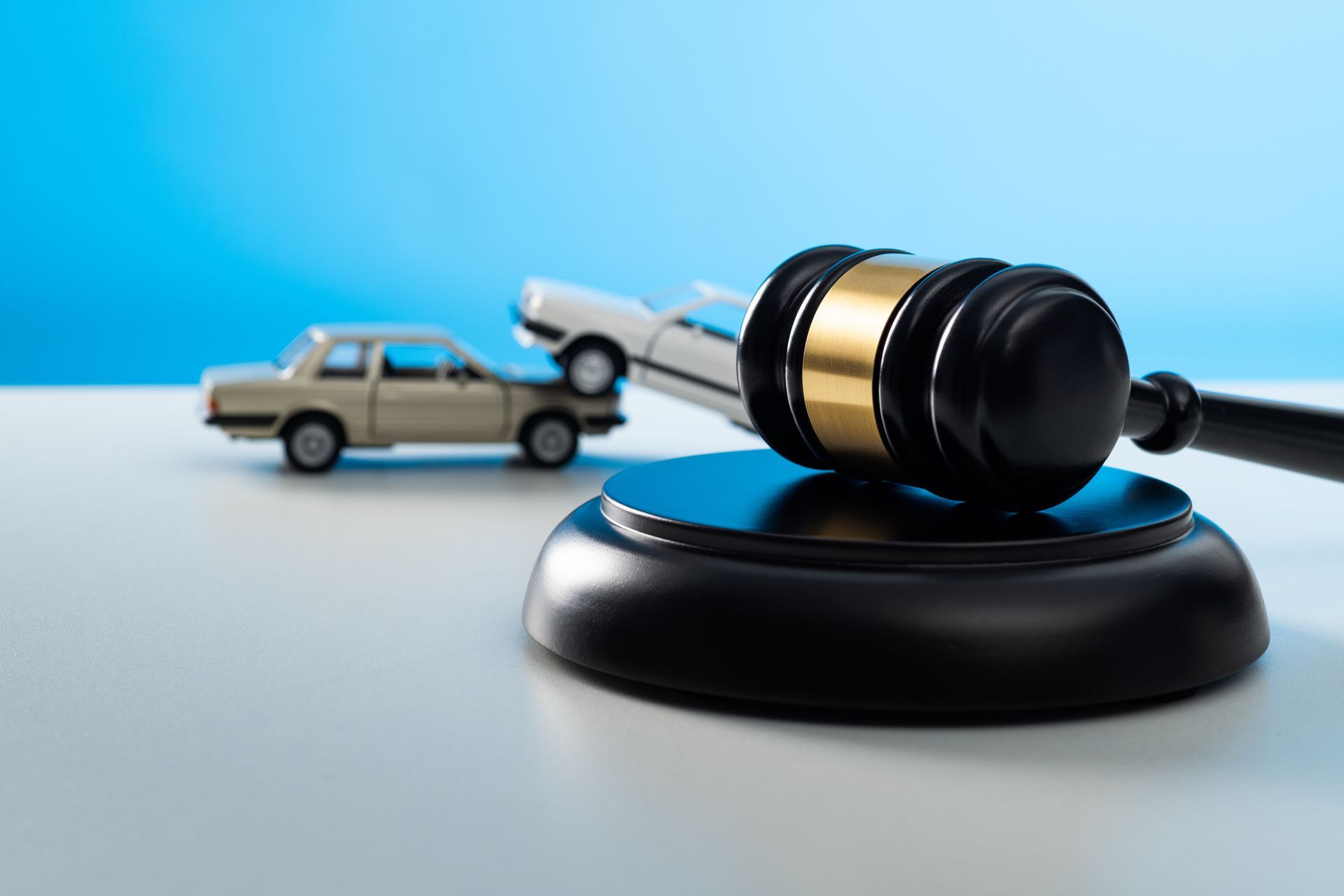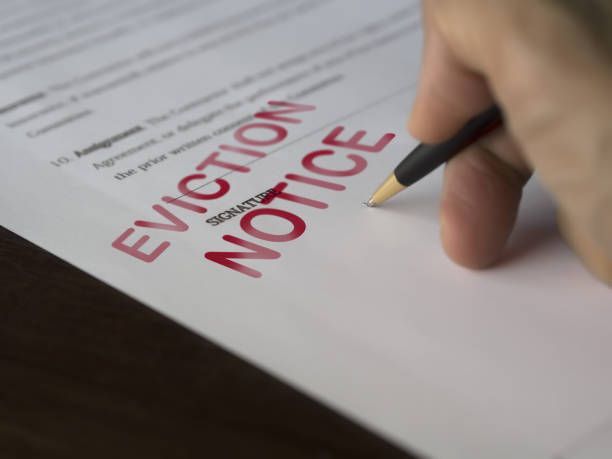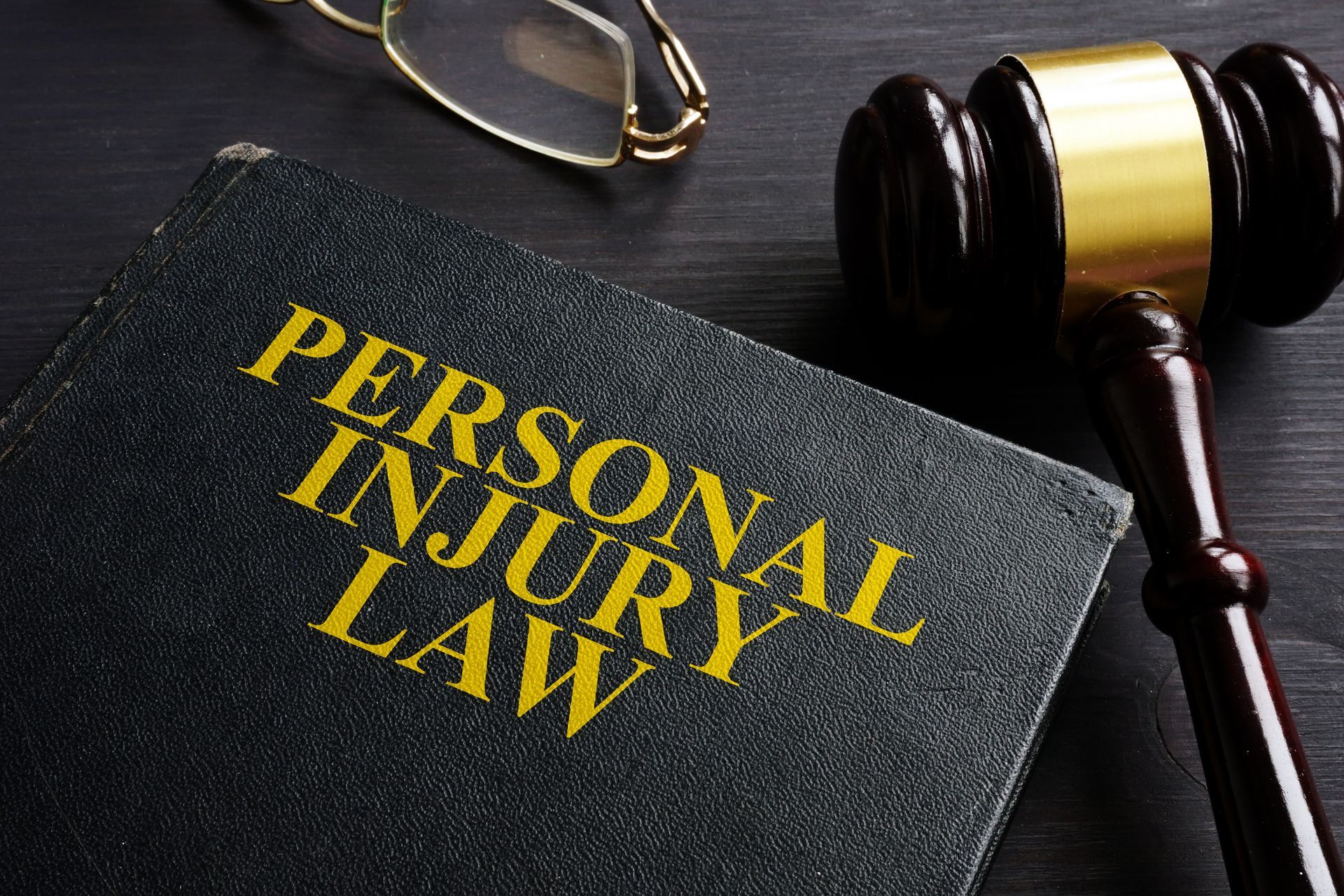Types of Recoverable Damages in Personal Injury Claims
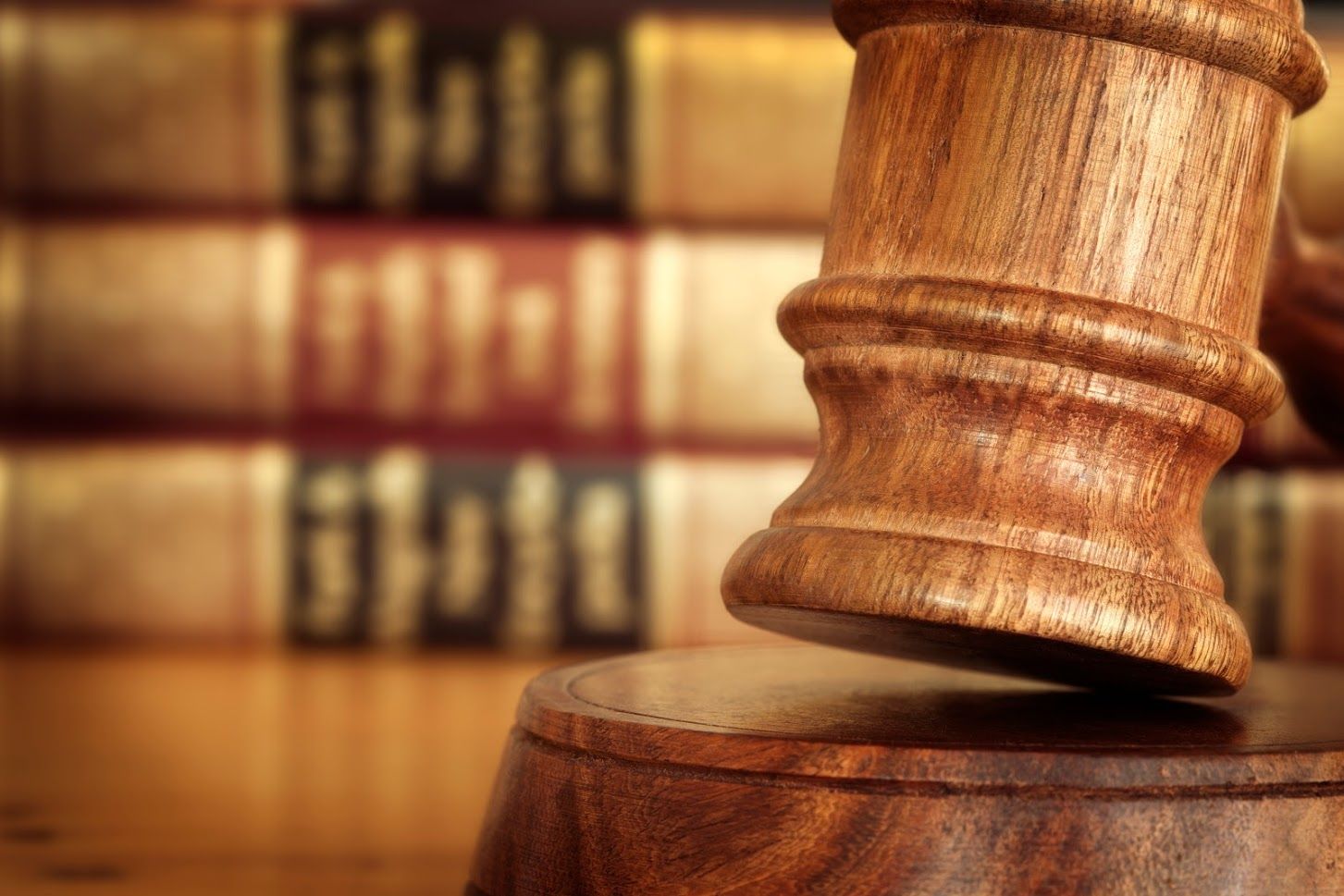
Potential damage claims are often a part of personal injury cases. Personal injury damages refer to any compensation you might receive for your injury or loss that the negligent party provides.
According to the circumstances of your case, a personal injury lawsuit may result in various damages.
The following are the types of damages that you can recover in a personal injury case.
Economic Damages
Economic damages are specific costs directly related to the accident. These damages aim to relieve some or all of the victim's financial burden. Some common examples of economic damages include:
- Loss of income: This is the income you lost up to the time of your trial due to your injuries. This also covers future wages you will not be able to earn because of the injury.
- Medical expenses: This includes past, present, and future medical care and rehabilitation costs.
- Property damage: This includes compensation for damaged personal property such as vehicles.
- Disability costs: This can cover the costs of the related change, such as making a house wheelchair-accessible or paying for nursing care in the home.
You must have proof to include all economic losses in your settlement demand. Therefore, keep a careful record of all accident-related expenses and costs.
Non-Economic Damages
Non-economic damages reimburse a victim for non-monetary elements. Since the damages are non-economic, they do not have a dollar amount associated with them.
Among the noneconomic damages are:
- Mental distress: This includes psychological effects the injury had on you, such as anxiety.
- Pain and suffering: This is physical discomfort resulting from your injury and medical treatment.
- Loss of enjoyment: This is a disrupted ability to enjoy hobbies, travel, and day-to-day activities as you did before your injury.
- Physical disfigurement: This is the loss of body parts, scarring, or burns that negatively affect your appearance.
Non-monetary damages are subjective since each person suffers differently. As a result, non-monetary damages awards may also differ significantly between victims.
Journaling about your struggles due to the injury can help you maximize your compensation. Also include details such as your inability to perform tasks, your daily pain level, and your injuries and how all of these impact your relationship with family and friends.
Punitive Damages
Punitive damages aren't meant to compensate you for your losses; they have nothing to do with the type of injury you have sustained. Punitive damage seeks to punish the defendant for causing the injuries and deter others from committing the same offense.
Punitive damages are available in California if you can prove the defendant acted with malice, oppression, or fraud.
Punitive damages may be appropriate in cases involving impaired driving accidents or injuries from defective products. An example may be when a car manufacturer knows that a gas tank may explode after impact but does not modify the design.
Wrongful Death Damages
Wrongful death damages refer to damages for the loss of life due to the legal fault of another party. The surviving family members of deceased victims usually file wrongful death claims.
Examples of wrongful death damages include:
- Funeral and burial expenses
- Emotional distress
- Deceased medical bills
- Loss of benefits
- Loss of care and protection
Although no amount of compensation can bring back a lost loved one, recovering damages can ease the financial burden.
In light of the many different types of damages that may apply to you, the best thing you can do is consult an experienced personal injury attorney. A lawyer can help you calculate your settlement value and answer any questions you may have.
If you or someone you love was recently injured, contact our attorneys today to schedule your free consultation.
